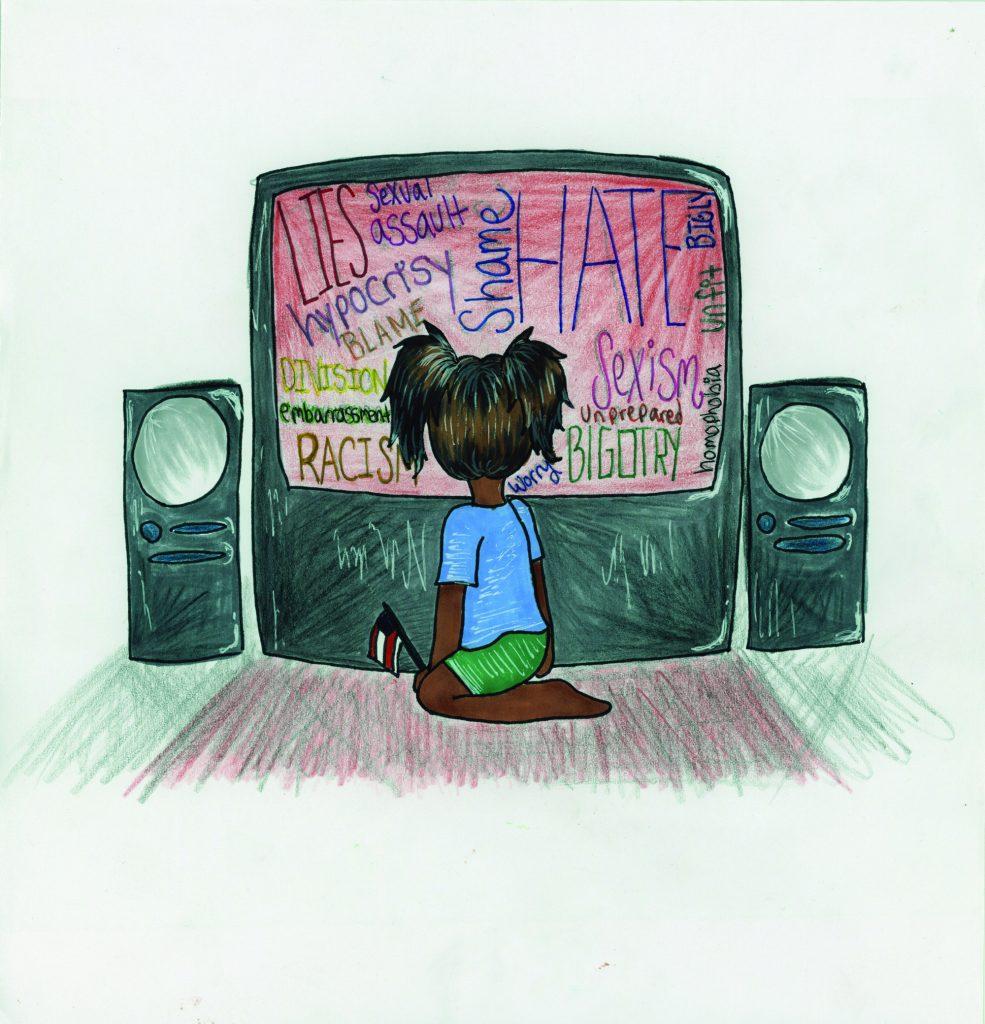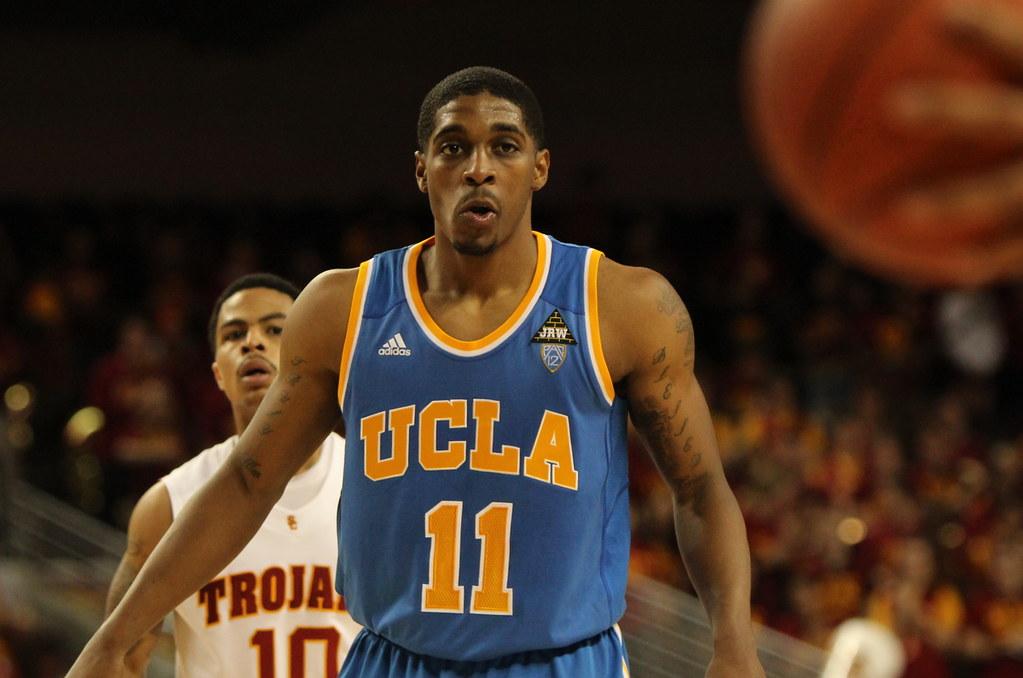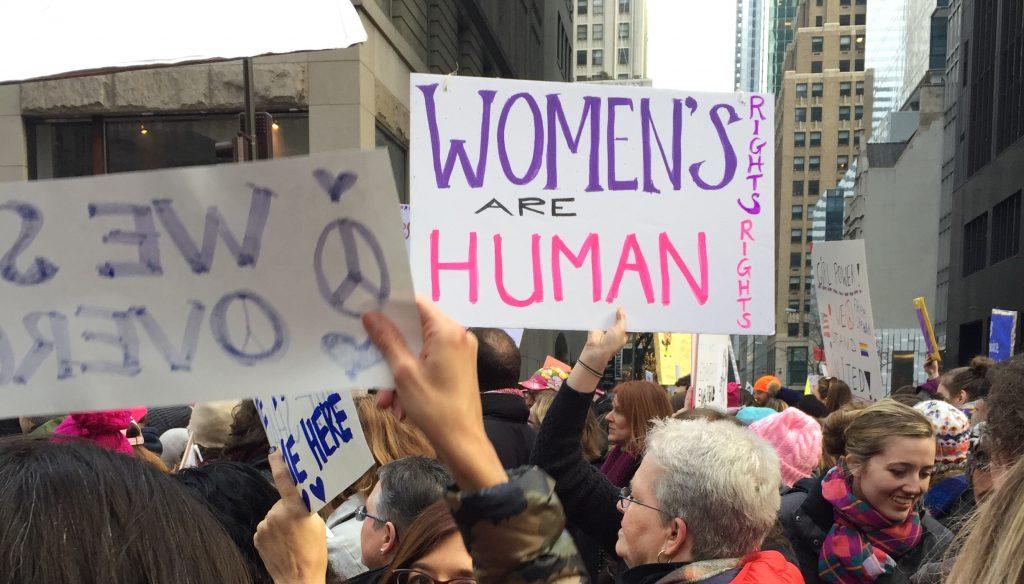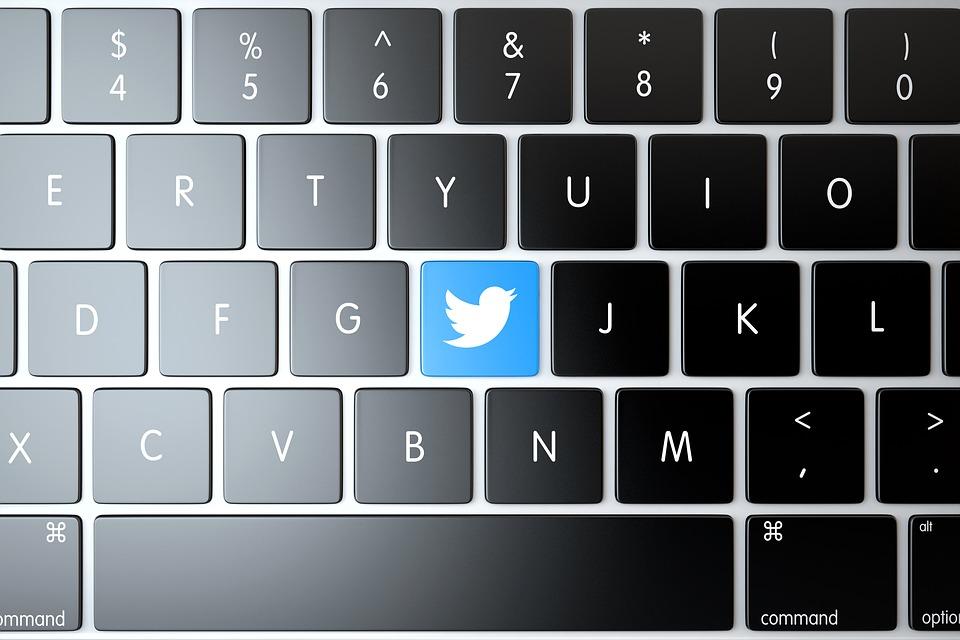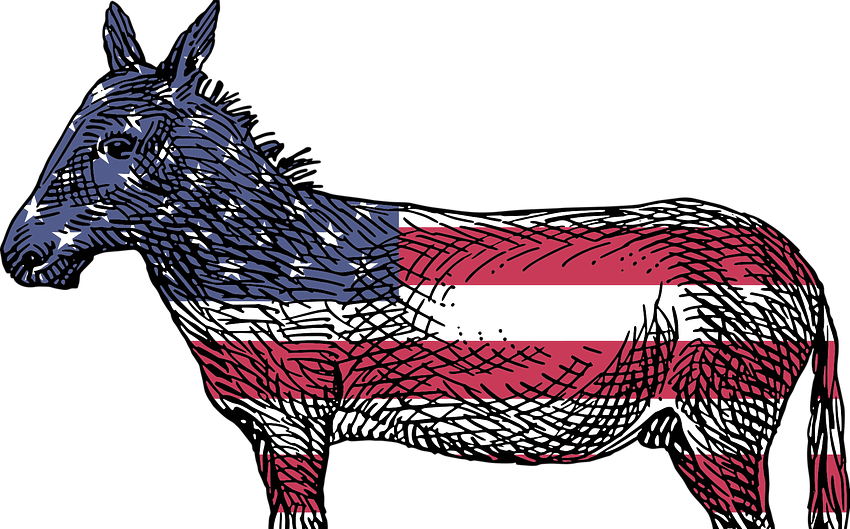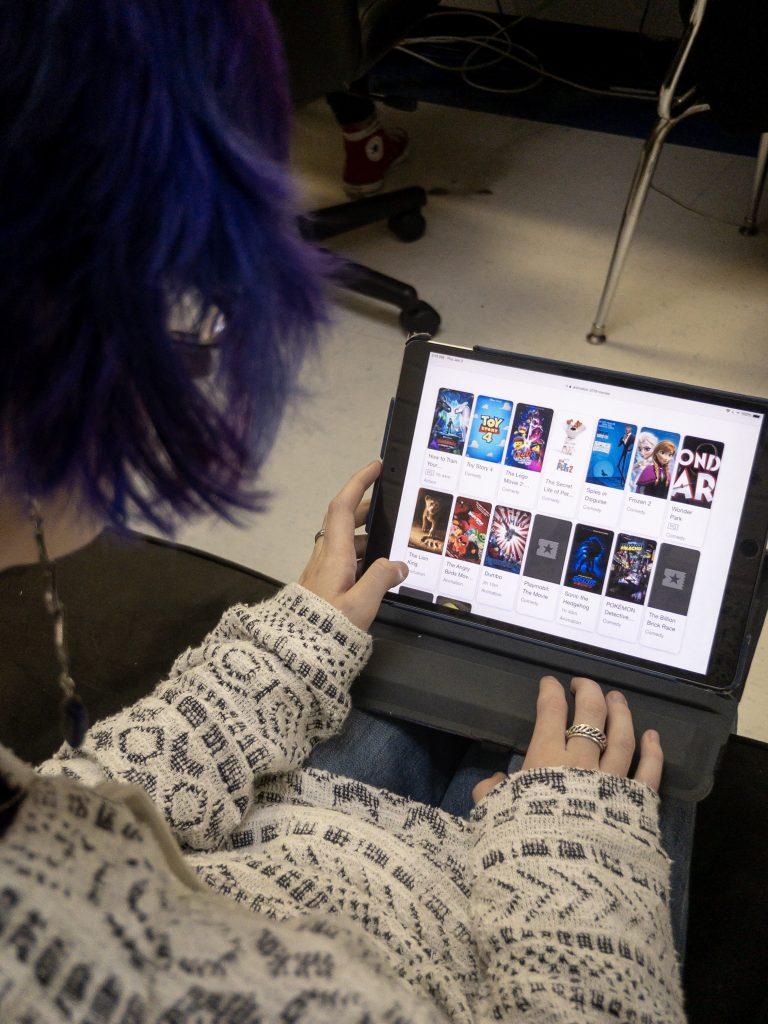The two candidates with the highest disapproval ratings in recent United States electoral history. The most diverse population of voters in U.S. electoral history. The most interconnected population in U.S. electoral history — welcome to the 2016 presidential election.
Did this perfect storm of factors lead to the most issue-focused election in the history of the United States? Or did these factors create the most turned-off electorate in U.S. history?
People have been cynical about the effectiveness and honesty of the U.S. government for years because of numerous scandals, including Watergate from the 1970s, Bill Clinton’s involvement with Monica Lewinsky and George W. Bush’s insistence that there were weapons of mass destruction in Iraq to justify an invasion.
Donald Trump had his Access Hollywood video moment with lewd comments about women while Hillary Clinton faced persistent questions about her use of a private email server as secretary of state.
The 2016 election was the first time both major party candidates had higher unfavorable ratings than favorable. The only thing more common than detractors of one candidate would be detractors of both. A common phrase uttered among people from every part of the political spectrum was “I hate both candidates.”
Approximately one-fourth of the senior class could have voted for president this fall, but many of these new voters were turned off by the entire political process. The first time they went to vote for a president they faced the choice of voting for “the lesser of two evils.”
Clinton and Trump had three extremely ugly debates and, for the most part, their television ads slammed one another as unfit to be president without offering positive solutions for the nation’s problems. They could not even agree if the election results would be valid. No candidate had ever questioned the legitimacy of the election results to the degree that Trump did after the final debate where he refused to say whether or not he would accept the results on election night.
Americans’ trust in government is close to the lowest it’s ever been. A 2015 Pew Research study showed that only 19 percent of Americans trust their government all of the time. According to the same poll, 74 percent of Americans believe their elected representatives put their own interests before their constituents.
Political disinterest is one of the most dangerous threats to our country. If our citizens do not pay attention to issues and elections, then the government is able to take advantage of us because it is left unchecked.
Both Clinton and Trump were chosen by the majority of voters in their respective parties, but according to a recent Wingspan survey of almost 800 students, 35 percent would not have voted even if they were eligible. When people ignore their civic responsibility to vote, they should not complain about the elected officials that are chosen. The only way to have candidates you like is to vote in the primaries when there is a much larger pool to choose from.
It is very possible that young people who are just now reaching voting age are going to be permanently indifferent to the electoral process because of the unpopular candidates we had this year.
Now that this is all over, America needs to take a long, hard look at how we handle elections and our civic responsibilities. Americans need to identify ways to foster an increased political interest in the next generation.
By: The Wingspan Staff

